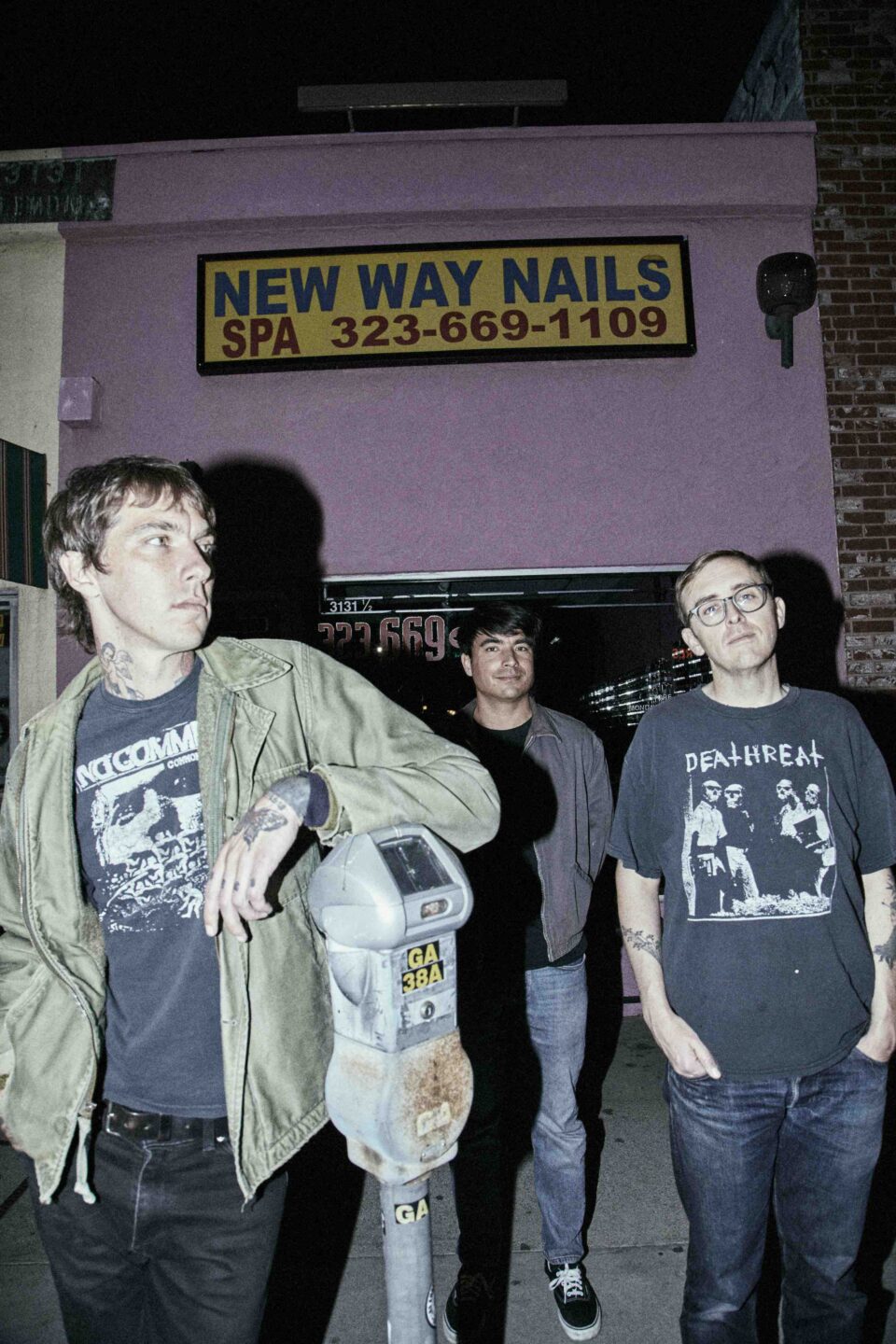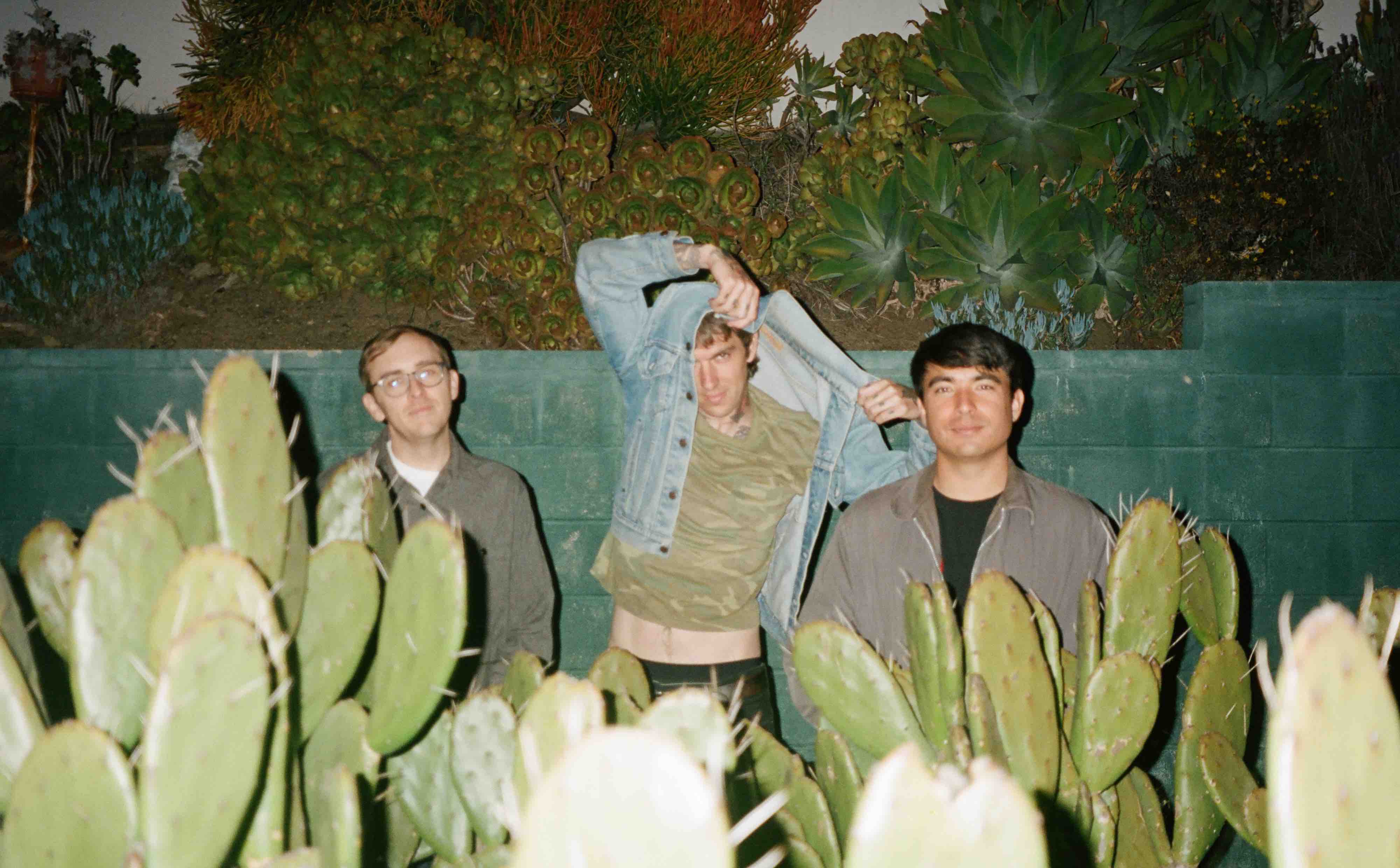In Édouard Levé’s 2008 short novel Suicide—the final book the French author wrote before taking his own life—the protagonist is addressing, as he does for the whole book, a friend who killed himself some years earlier. With precise and poetic writing, Levé recreates that friend’s life on the page through random but vivid memories that jump backward and forward in time, merging past and present with beautiful, delicate prose that elucidates the nature of memory and existence:
You used to read dictionaries like other people read novels… A dictionary resembles the world more than a novel does, because the world is not a coherent sequence of actions but a constellation of things perceived. It is looked at, unrelated things congregate, and geographic proximity gives them meaning. If events follow each other, they are believed to be a story. But in a dictionary, time doesn’t exist: ABC is neither more nor less chronological than BCA. To portray your life in order would be absurd: I remember you at random. My brain resurrects you through stochastic details, like picking marbles out of a bag.
Barry Johnson is very much not dead, but the Joyce Manor frontman creates his songs in a similar way to what Levé outlines above. Joyce Manor albums are collages of time, space, and experience—stochastic fragments of existence brought to life with the band’s short, snappy songs. Sometimes frantically melancholy, sometimes absurdly amusing, often a mix of both, the songs that the trio (completed by guitarist Chase Knobbe and bassist Matt Ebert) make all bristle with the electricity of the present moment, but are often written (at least partially) years before, waiting for their chance at life. It’s been that way ever since the Torrance, CA band released their self-titled debut in 2011, when Johnson was 24 years old. 40 oz. to Fresno, Joyce Manor’s sixth studio album, is no different. It was, as every album of theirs has been, concocted from parts that were, to quote an older interview with Johnson, just “laying around.”
“People have been making music and dancing and taking drugs forever just to look a little deeper. I’m not really in search of any kind of truth, or anything like that. It’s just curiosity.”
“I usually go to the junkyard of old song ideas to get started,” Johnson tells me. “Like, is there anything I can kind of build off of here? So it’s not unusual, but I guess maybe I had a little more success with it this time than in the past—there’s a lot of old ideas that I was able to successfully repurpose, whereas usually that’s just kind of how I get started and maybe one or two old ideas will make their way onto a record. There’s stuff that goes back to 2007 on Cody, for example. There’s a lot of pulling from the past.”
He’s not always pulling out fully-formed songs, however. Rather, they’re semi-dormant ideas that he was too attached to to discard, but which, for whatever reason, didn’t fit with the record he was making at the time. Usually, it’s part of a song—a line that he loves, but which he then ends up using as a different part of a wholly different song—but sometimes there are whole tunes that get rediscovered. “Big Lie” from 2018’s Million Dollars to Kill Me, for example, was originally intended for Cody, while “Secret Sisters,” the final song on this new record, was initially meant to go on 2020’s compilation of early material Songs From Northern Torrance before Johnson decided he liked it too much for it to be relegated to a comp release.

It all means that Joyce Manor records exist in a different temporal framework to most bands’ albums. Far from being disjointed, however, they sound cohesive and consistent, a flurry of existential thought and feeling that manage to capture the essence of human existence in the very short span of time they exist, a jittery, nervous kind of nostalgia that started way before it probably should have.
“I’m still writing like a fucking 22-year-old. Before, I was wise for my years. Now, I’m unwise for my years!”
“I’ve always been super nostalgic, super sentimental,” says Johnson. “The first record is kind of a ‘best of’—it came out in 2011, but has songs from 2005 on it. But I guess it was just like I had never been in a band that really put stuff out except on CD-Rs, and it wasn’t until 2011 that we actually got our first record deal. I was a little concerned that it might be the only record I ever do, so I wanted to try to put all my best songs on it, songs that I thought already kind of stood the test of time. But I feel like a lot of people wouldn’t necessarily know that. I think a lot of people think the first record is like, ‘Wow, that is just exactly how it feels to be 22!’ But some of those songs I wrote when I was 17. I don’t know, maybe I’ve always just...”
He trails off, lost in the past for a second before returning to the present with a big goofy grin. “Now,” he beams, “I’m still writing like a fucking 22-year-old. Before, I was wise for my years. Now, I’m unwise for my years!”
It’s an apt place for Johnson to situate himself: in a kind of stasis, between the cracks, neither then nor now. After all, Joyce Manor’s music is as much influenced by Blink-182 and Weezer as by unlikely predecessors such as The Buggles and OMD, whose songs they’ve covered on 2012’s On All Things I Will Soon Grow Tired (the former’s “Video Killed the Radio Star”) and Fresno (the latter’s “Souvenir,” which kicks off the new record in messily majestic fashion).
Whether it’s those songs or their own, there’s something profoundly sad (or perhaps sadly profound) about their noisy, wistful pop-punk songs—even in the ones that are deliberately silly or fun. On this record, for example, “NBTSA”—reworked from a 2017 version released through a Polyvinyl singles series—is a hyperactive, epiphanic rush of exuberance that’s a subtle nod to Blink’s “Aliens Exist,” while “You’re Not Famous Anymore” is akin to one of those internet clickbait articles promising that you won’t believe what this star of yesterdecade looks like now. Both are fun—funny, even—but there’s a darkness there, too. Even if it doesn’t feel like it—because the songs are so short, because of their controlled sloppiness—that’s exactly what Johnson is aiming for when he writes them. Or, rather, when he picks those songwriting marbles out of a bag. Because Johnson hasn’t ever set out to write a song about anything, they’ve always just come to him, sometimes years apart. He’s not even sure what compels him to write.
“It feels amazing to write something that’s going to move someone else. You feel more connected to people. I’ve had times in my life where I felt really alone, and it feels a lot less lonely when some kid is telling you how important your lyrics are to them.”
“It’s spiritual,” he says eventually, after pondering the question for a while, “It’s like, why do drugs? Why dance? You know, people have been making music and dancing and taking drugs forever just to look a little deeper. I’m not really in search of any kind of truth, or anything like that. It’s just curiosity. It’s natural to want to understand a little more and to just be curious and kind of more connected to—and this sounds really pretentious—the divine. It feels amazing to be inspired and to write something that’s going to move someone else. You feel more connected to people. I’ve had times in my life where I felt really alone, and it feels a lot less lonely when some kid is telling you how important your lyrics are to them.”
He clarifies that when he talks about “the divine” he doesn’t mean anything to do with God or religion, but that ineffable feeling when the final puzzle piece of a song clicks into place. “It’s like, I work on it and work on it,” he says, “and I edit it and change it and move this then move it back and then eventually it click-snaps into focus and I’m just like, ‘Yeah, that’s it.’ It’s unexplainable. When you make something that you feel accurately expresses yourself, it feels like you’re connected to something really deep within you. That’s the part I feel is kind of spiritual. In this interview I’m calling it ‘the divine,’ but I’ll probably read it later and be like, ‘What the fuck? Why did I keep saying that?’”

He laughs heartily. It’s a valuable reminder that at the end of the day—despite the deceptively profound nature of Joyce Manor’s songs, despite that need to snuff out loneliness by connecting with strangers—this is all fun at its core. As much as Johnson has created a patchwork planet of his life’s ups and downs through his songwriting technique, it’s all just a blast. So when he’s onstage playing songs whose existence and inspiration stretch across his lifetime, he’s not reliving—to steal the title of one of this year’s biggest buzz movies—everything everywhere all at once. He’s not overburdened by his multiple pasts and presents colliding. He’s simply rocking out.
“I’m having fun,” he exclaims. “I’m drinking beer, smiling, looking at the kids singing along and celebrating the catalog. I’m just stoked that people are there having a good night. But it’s murder on me now. We just did a tour that was a month long, and I was just like, ‘I’m fucking old.’ So maybe I’ve got to start tapping into where I was at when I wrote songs, because drinking beer and jumping around is just going to kill me.”
A caveat, then: Barry Johnson isn’t dead—yet. FL







